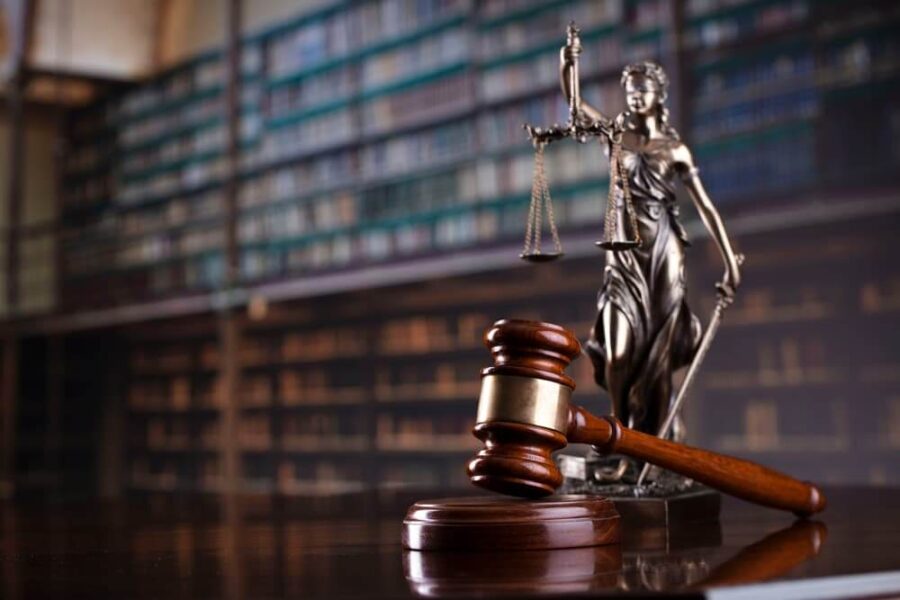Introduction
Welcome to the official blog of the Law Offices of Kr. Vivek Tanwar Advocate and Associates, where we are dedicated to providing litigation support services for matters related to an autonomous system. In today’s blog post, we aim to shed light on the prevailing issues surrounding an autonomous system, the legal framework in place for their protection, and the steps we can take as a society to combat these acts. Join us as we explore this critical subject and empower you with the knowledge to protect your rights and safety.
What Is an Autonomous System?
An autonomous system refers to a system or technology that can operate and make decisions without direct human intervention or control. These systems are designed to perform tasks or carry out actions based on pre-programmed instructions, artificial intelligence algorithms, or sensor inputs. Autonomous systems, such as self-driving cars, drones, or intelligent robots, are designed to operate and make decisions without direct human control. As these systems become more advanced and integrated into various industries, the question of liability arises regarding any potential harm caused by their actions.
What Is Liability In The Context of Autonomous Systems?
It refers to the legal responsibility or accountability for any damages, harm, or consequences resulting from the actions or behaviour of the autonomous system. It involves determining who should be held responsible when an autonomous system causes injury, property damage, or other negative outcomes.
Establishing Liability For Autonomous Systems
Establishing liability for autonomous systems can be complex due to the unique characteristics of these technologies. Determining liability in the context of autonomous systems can be complex and is subject to legal, ethical, and regulatory considerations.
Here are a few key points to consider:
- Product Liability: Autonomous systems are typically developed and manufactured by companies. If a malfunction or defect in the system leads to an accident or harm, product liability laws may come into play. The manufacturer or designer of the autonomous system may be held responsible for damages caused by a flaw or failure of the technology.
- Operator Responsibility: While autonomous systems operate independently, there may still be a need for human operators who oversee their functioning or intervene in certain situations. In such cases, liability could be shared between the operator and the system’s manufacturer. The operator may be responsible for adequately monitoring the system’s performance, following guidelines, and intervening when necessary.
- Software and Algorithmic Liability: Autonomous systems rely on complex software and algorithms to make decisions. If a flaw or error in the software leads to an accident or harm, the liability may extend to the developers, programmers, or organizations responsible for creating and maintaining the software. Ensuring the safety and reliability of the underlying technology becomes crucial.
- Regulatory Frameworks: Governments and regulatory bodies play a vital role in shaping liability rules for autonomous systems. They may establish specific standards, guidelines, and requirements that manufacturers and operators must adhere to. These frameworks may help determine liability and responsibility in case of accidents or harm caused by autonomous systems.
- Insurance and Risk Mitigation: As autonomous systems become more prevalent, specialized insurance products may emerge to address liability concerns. Insurers could offer policies tailored to cover damages arising from autonomous system failures, providing financial protection to manufacturers, operators, and individuals affected by accidents.
Conclusion
Liability laws and regulations regarding autonomous systems may vary across different jurisdictions. As technology continues to advance, legal systems and policies are likely to evolve to address the unique challenges posed by autonomous systems and establish clearer guidelines for determining liability.
We are a law firm in the name and style of Law Offices of Kr. Vivek Tanwar Advocate and Associates at Gurugram and Rewari. We are providing litigation support services for matters related to an Autonomous System.


I’m really impressed with your writing talents and also with the format to your weblog. Is this a paid subject or did you customize it your self? Anyway stay up the excellent quality writing, it is uncommon to look a nice blog like this one these days!